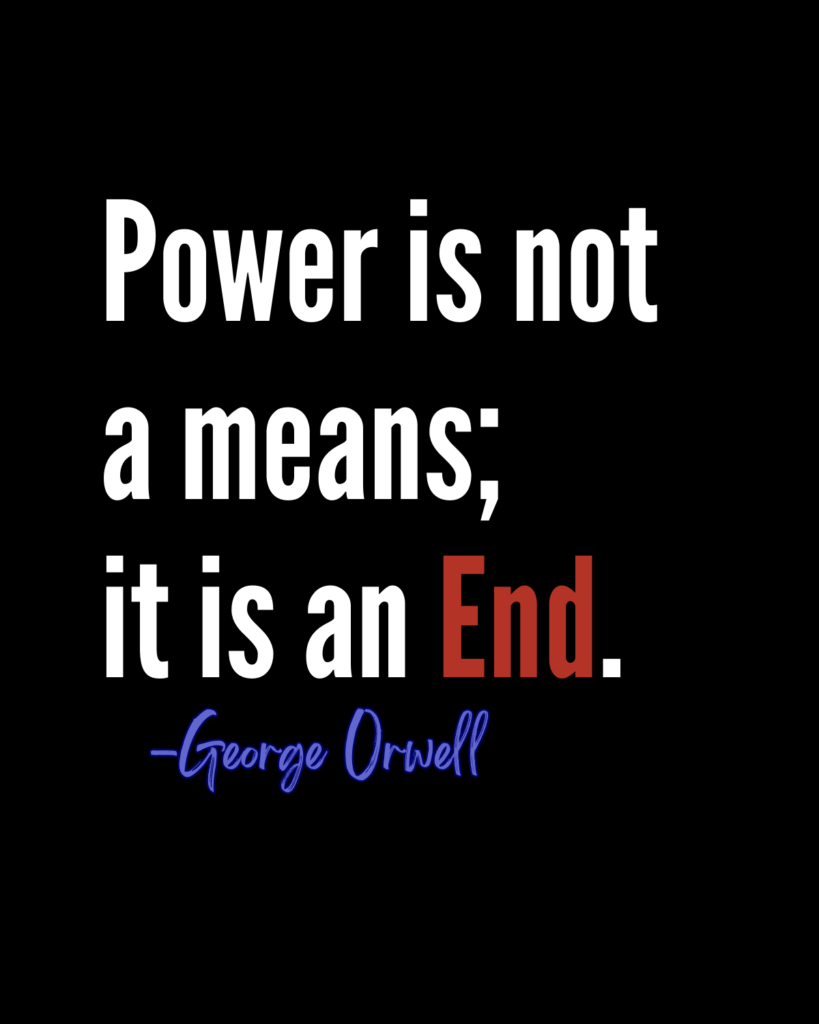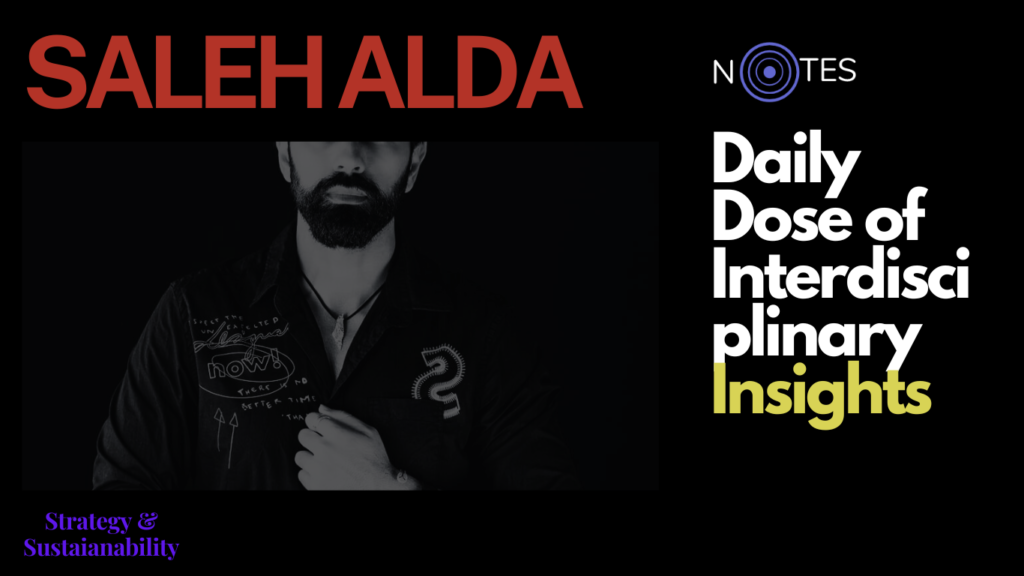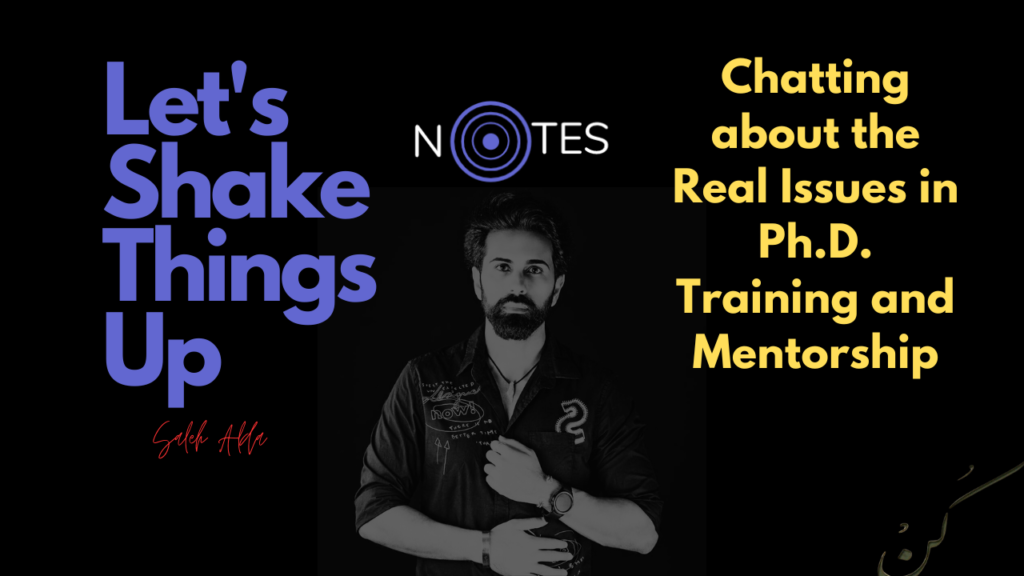The Grand Illusion: Iran’s Dilemma and the Power of Deception
جرعتك اليومية من رؤى متعددة التخصصات
I write this article as a commentary on Israel’s October 26 airstrikes on key sites in Iran, based on my analysis of the current international strategic and political landscape.

One must look beyond mere geopolitics and delve into the art of deception to understand Iran’s predicament. Just as masterful strategists throughout history have wielded subterfuge as their most potent weapon, Israel now plays a game of shadow and light, obscuring true intentions with a veil of half-truths and calculated strikes. This is not simply military posturing but the art of strategic misdirection—an intricate playbook honed over decades, if not centuries. Israel, far from seeking immediate results, employs a strategy that is, in essence, a long-game pursuit, one that Hezbollah, once Iran’s formidable ally, knows all too well.
Israel’s illusion is one of inconclusive skirmishes, but behind this illusion lies a more profound reality. Every strike, every aerial maneuver, every seemingly sporadic bombardment serves as a precise chess move, part of an overarching strategy to strip away Iran’s defensive layers bit by bit. The goal? To create an illusion of security so compelling that Iran is lulled into a state of strategic slumber, unaware that each pause is merely a preparatory step toward rendering its skies defenseless.
The Gameboard Unveiled: Turning Iran’s Skies into Vulnerable Territory
Israel’s method mirrors the precision of a grandmaster in chess, who sacrifices minor pieces to maneuver their opponent into a vulnerable position. Each strike on Iran’s air defenses, seemingly isolated, is a calculated move designed to open Iran’s airspace, a transformation from a fortified sky to an open hunting ground. Much like Israel’s strategy in Lebanon, which gradually transformed Hezbollah’s defensive stronghold into an exposed and exploitable battlefield, Israel now seeks to replicate this on a grander scale.
Israel’s true objective is to weaken Iran’s response capabilities until it becomes incapable of mounting any substantial retaliation. But this goes beyond military degradation—it’s a psychological campaign to instill a creeping sense of vulnerability. The endgame is not just open airspace; it’s a disarmed Iran, vulnerable to an eventual, crushing offensive when Israel chooses to strike decisively. What Iran faces now is a form of warfare rarely seen—a war of illusions, where Israel appears as a mere tactician while playing the role of a master manipulator.

The Critical Choice: Confrontation or Compliance
Iran stands now at a decisive juncture, facing two equally precarious paths. The first is a path of preemptive action, where it could choose to demonstrate its strength, signaling to Israel and its Western allies that it is no pawn on their chessboard. This path, however, demands not only courage but strategic foresight. The decision-making process is crucial, as preemptive action could force Israel’s hand, revealing its cards before its strategy matures. Yet, such a move is fraught with risk, potentially inviting swift escalation and the wrath of multiple fronts in a coordinated response.
The second path is far more insidious—a path of cautious restraint, watching and waiting, believing perhaps that the situation might stabilize on its own. But in waiting, Iran risks forfeiting the initiative, allowing Israel to close in piece by piece until Iran’s defenses are stripped bare. As Israel continues to strike Iran’s air defense systems, the opportunity for deterrent action dwindles, leaving Iran in a dangerously weakened position, its critical infrastructure exposed to future, more devastating attacks. The potential consequences of inaction are dire, underscoring the situation’s urgency.
In such high-stakes games, delay is often synonymous with defeat. Iran’s adversaries bank on the fact that hesitation will erode Iran’s resilience. This delay in decision-making could prove fatal—not just for Iran’s immediate security but for its role as a regional power and, ultimately, its sovereignty.
The Nuclear Imperative: The Only Deterrent That Speaks
At the heart of this strategic dilemma lies a truth Iran can no longer ignore: the nuclear weapon. Western and Israeli assurances are nothing but a ruse, part of a sophisticated deception to keep Iran trapped in a state of perpetual compliance. While these assurances lull Iran into a sense of control, they are, in reality, instruments of manipulation, feeding the illusion that Iran has the luxury of time.
But time is a weapon that works only for those who control it. The nuclear weapon, in this case, is not merely a matter of prestige or power—it is Iran’s last and only real deterrent. Unlike air defenses, which can be dismantled piece by piece or allies whose loyalty may waver, a nuclear deterrent sends an unmistakable message that it shatters all illusions. It is the one asset that the West cannot counteract through psychological games or surgical strikes. For Iran, nuclear capability is no longer an option but an imperative. This shield must be forged without delay if it is to thwart Israel’s strategy.
The Web of Alliances: Testing the Strength of Friends
Iran must not only focus on its enemies but scrutinize its friends. Russia, a so-called ally, holds the keys to advanced defensive technology that could tip the scales. The S-400 missile defense systems and Su-35 fighter jets represent capabilities that could alter the balance of power if delivered. Iran must now demand a show of commitment from Russia, pressing it to reveal whether it is a genuine ally or a fair-weather friend. The importance of Iran’s alliances cannot be overstated, as Russia’s support is crucial. If Russia values Iran’s backing in these theaters, it must, in turn, support Iran’s defense on this critical front. For, in matters of survival, a hesitant ally is as dangerous as an overt adversary.
Iran’s bargaining power is rooted in its ability to question Russia’s loyalty. An ally unwilling to stand in the face of existential threats is no ally but rather an obstacle in disguise. If Iran’s alliances prove unreliable, it must be prepared to go it alone, securing its deterrence by whatever means necessary, even if that means developing its nuclear capacity under the radar.
Mastering the Game of Deception: Rewriting the Rules
Iran’s power lies in its arsenal and ability to see through the deception in this game of shadows. Israel and its Western allies are banking on Iran’s indecision, on its susceptibility to the mirage of diplomacy. But Iran must rise above this game, realizing that the only way to counter such deception is with a strategy of equal cunning. It must shift from defensive to proactive, dictating terms rather than reacting to them.
Iran’s choice now will define its future. Will it continue to wait, tethered by false hopes, or will it take the bold step of initiating nuclear deterrence and reshaping the rules of engagement? For Israel and the West, a nuclear-capable Iran is the worst possible outcome, yet for Iran, it is the one way to break free from the cycle of endless vulnerability.
The Final Reckoning: A Moment of Decision
Iran’s path forward is one of immense consequence. The stakes could not be higher as Israel’s strategy inches ever closer to its final phase. Iran’s response must be swift and resolute. It can no longer afford the luxury of delay or the naivety of diplomatic assurances. Only through decisive action—be it overt or covert nuclear capability—can Iran secure its sovereignty and retain its position as a formidable regional power.
Iran’s history is one of resilience, empires rising and falling, and countless deceptions endured and countered. Now, as it stands on the precipice, it must choose whether to act boldly and seize control of its destiny or remain ensnared in a deadly illusion crafted by its adversaries. The choice is clear, but the courage to act must come from within.
Iran’s future hinges on a single decision in this grand power game. It must either defy the illusion, break the cycle, and declare its deterrence, or risk fading into history as another player undone by the masterful strategy of deception. The board is set, the pieces in motion. Iran holds the key to its fate—will it rise or fall?


